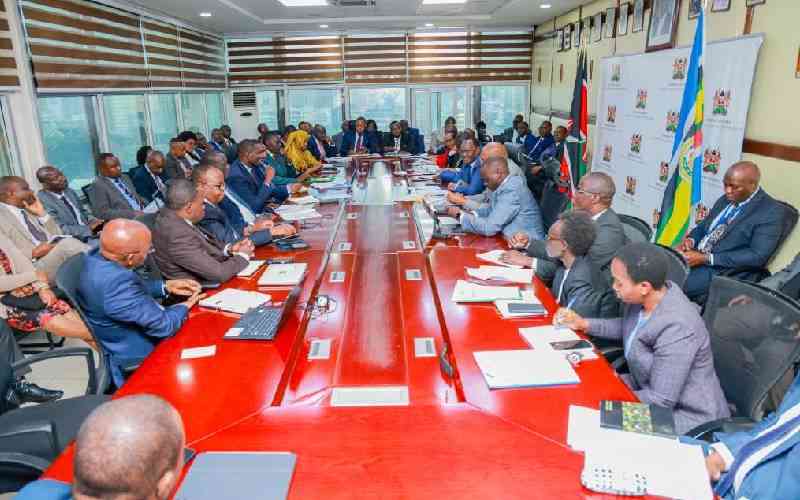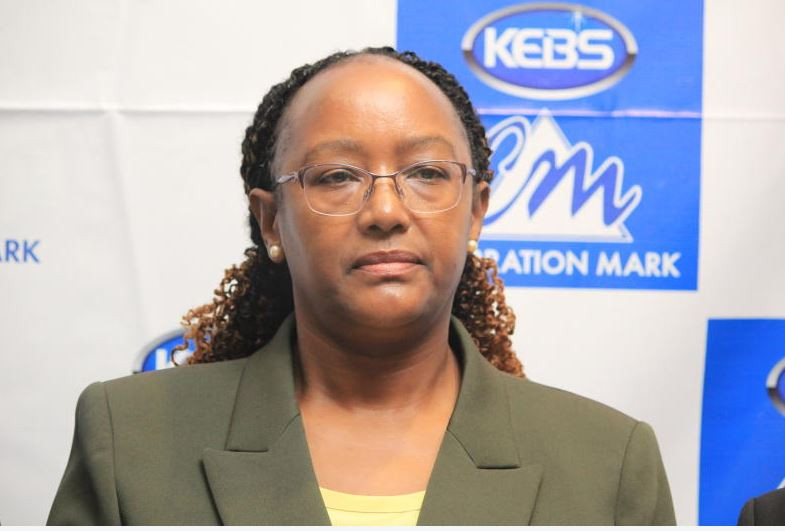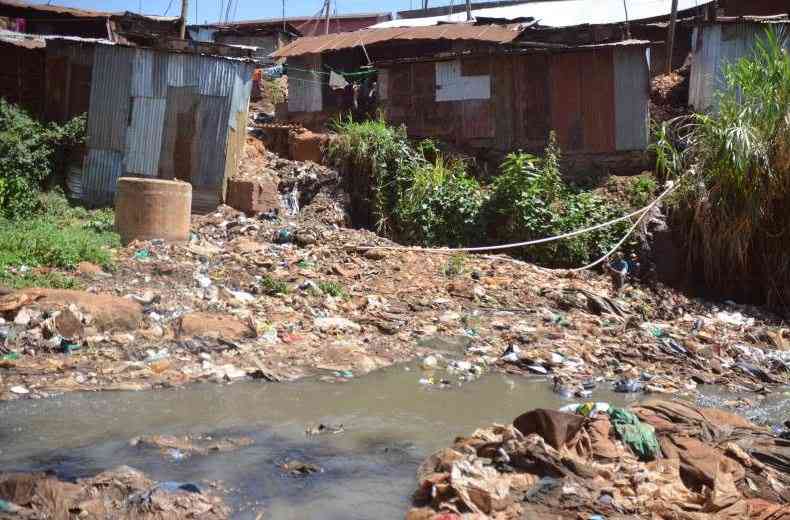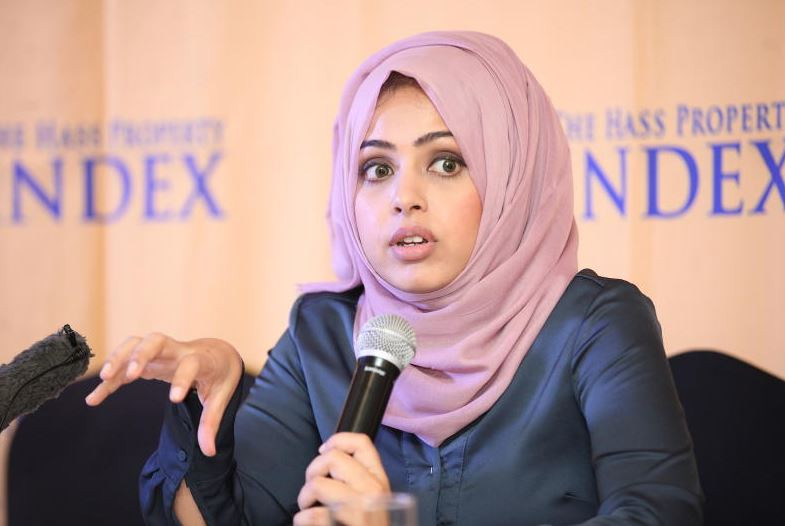
The Health Ministry and the National Treasury are now seeking closer collaboration that would fast-track the implementation of the Universal Health Coverage (UHC) PLAN.
This follows a first ever meeting between the Medical Services Principal Secretary Ouma Oluga and his treasury counterpart Chris Kiptoo which sought to align health priorities with finances to ensure citizen needs are met
The consultative meeting held on Wednesday also focused on key priority areas aimed at accelerating the realisation of Universal Health Coverage (UHC) under the Bottom-Up Economic Transformation Agenda (BETA).
The discussions centred on securing sustainable budgetary support for strategic health programmes designed to enhance service delivery, improve efficiency, and ensure the long-term sustainability of national health initiatives.
Dr Oluga in his remarks outlined several priority areas, including strengthening national referral services, ensuring consistent supply of essential medicines and health technologies, supporting blood transfusion services, advancing medical research and innovation, and boosting local vaccine production.
He further emphasised the need for adequate and predictable financing to complete ongoing health infrastructure projects, maintain the supply of critical health commodities, and support operations across health facilities.
“Budgetary constraints and declining donor support continues to affect the smooth running of referral hospitals, research institutions, and community health programmes,” said Dr Oluga.
His sentiments were echoed by Dr Kiptoo who said through such coordinated approach, the government aims to fortify the health system, protect citizens from the burden of high medical costs, and deliver on the promise of Universal Health Coverage for every Kenyan.
Both PS’s reaffirmed their commitment to aligning financial planning with national health priorities, underscoring the importance of health financing reforms, digital transformation, and investment in the health workforce to strengthen accountability and improve access to quality healthcare for all Kenyans.
In April this year, Health Cabinet Secretary Aden Duale had said that the Universal health coverage for primary healthcare under the Kenyan Kwanza administration stood at 40 percent, with 21.3 million Kenyans presently accessing free healthcare.
He said the statistics marked a significant milestone in the rollout of the country's revamped healthcare system.
In a statement delivered to the National Assembly, Duale reported that the services are being provided at level 2 to 4 public health institutions, including dispensaries, health centres, and sub-county hospitals, as well as contracted private and faith-based facilities.






